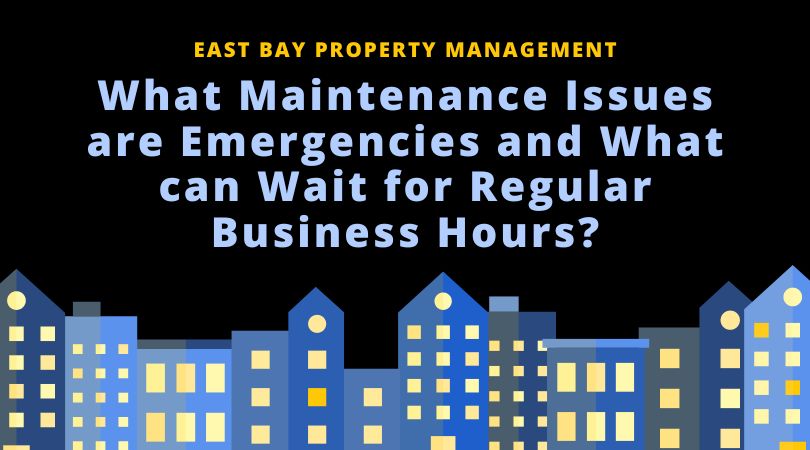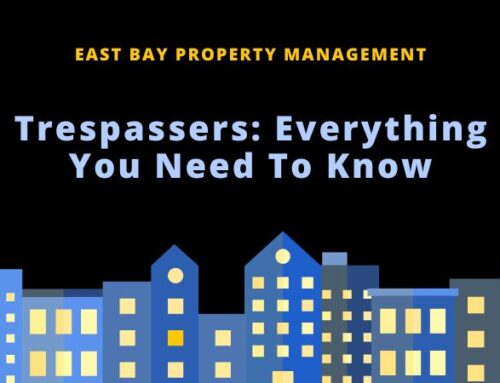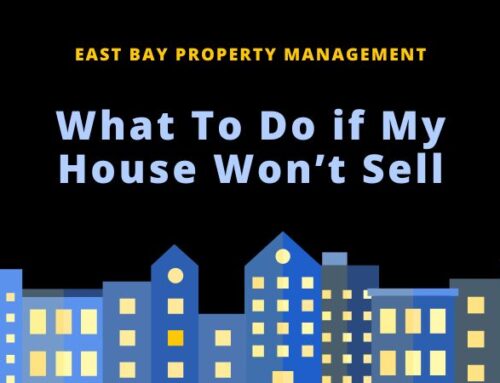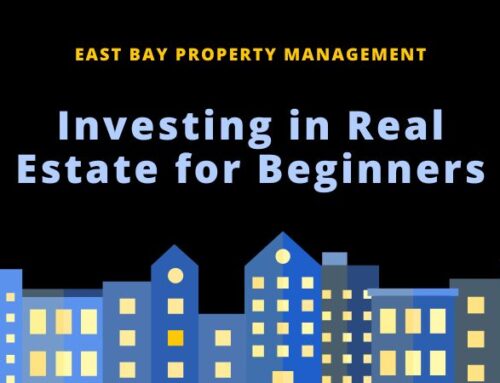Property management isn’t your typical 9-5 job. As a landlord, you need to be alert 24 hours a day, 7 days a week.
At some point, your tenant will contact you for maintenance help and it’ll be essential that you address whatever issue your tenant could be experiencing quickly and efficiently.
But, what maintenance issues are emergencies, and what can wait for regular business hours?
Continue reading to find out!
What maintenance issues constitute an emergency?
To know how promptly to address an issue, first understand what constitutes an emergency in a rental property.
Not all things that cause inconvenience or discomfort to your tenants are emergencies.
The following are some examples of maintenance issues that can be considered an emergency:
- A fire outbreak
- Flooding
- Broken water lines
- Electrical issues
- Gas leak
- A leaky roof
- Water emergency
- Carbon monoxide detection
- No air conditioning in extreme heat conditions
- Intruder break-in

What maintenance issues do not constitute an emergency?
When an issue doesn’t pose a health or safety risk, it’s generally not considered an emergency. That being said, you should still require your tenants to report them as maintenance requests nonetheless.
The following are some examples of maintenance issues that are not considered an emergency:
- Lack of hot water
- A malfunctioning appliance
- A broken ice maker
- Minor leaks
- Parking disputes
- Lack of air conditioning when the outside temperature is below 90 degrees
- Minor leaks
- Parking disputes
- Noise complaints
- Burnout light bulbs
How should a landlord handle emergency maintenance?
How you handle requests from your tenants is key to the success of your investment business. It not only ensures your investment is protected, but that you cultivate a solid relationship with your tenant.
The following are some tips to help you handle emergency maintenance at your rental property.
1. Be reachable.
Always be reachable in case of an emergency. Your tenants should be able to reach you 24 hours a day, 7 days a week in case of an issue.
And when a tenant reaches out to you, make sure to be as helpful as possible. Answer their questions, provide them with crucial instructions, or simply keep them in the loop.

2. Have trusted and reliable vendors you can rely on.
What are you to do when your tenant calls you to report a burst or flooding pipe? Do you have a list of reliable vendors that you’d be able to call?
As a landlord, it’s critical to have a shortlist of professional vendors that you could call in case of an emergency.
3. Assure your tenant that you’re working to resolve the issue.
Once a tenant has reported an emergency issue, you’ll want to assure them that you’re working to resolve the issue as quickly as possible. In other words, communication doesn’t end the moment your tenant informs you of an issue. It should be ongoing.
Continue speaking to your tenant and let them know the progress of the situation. For example, you may want to let them know when the vendor will be arriving and what interventions they can make in the meantime.
4. Know what issues need an immediate response and which ones can wait.
Generally speaking, issues that threaten a tenant’s safety or health are considered emergencies. Those that pose serious damage to the property also fall under this category. You must address these immediately to ensure your property remains habitable.
For repairs that are not emergencies, you or a vendor you’ve contracted must make every effort to coordinate the repairs with tenants. You must also make sure to notify your tenant before the intended entry.
In the state of California, landlords must provide their tenants a 24 hours’ advance notice before entry. The notice should also state the specific time of entry, which must be during normal business hours or as otherwise agreed.
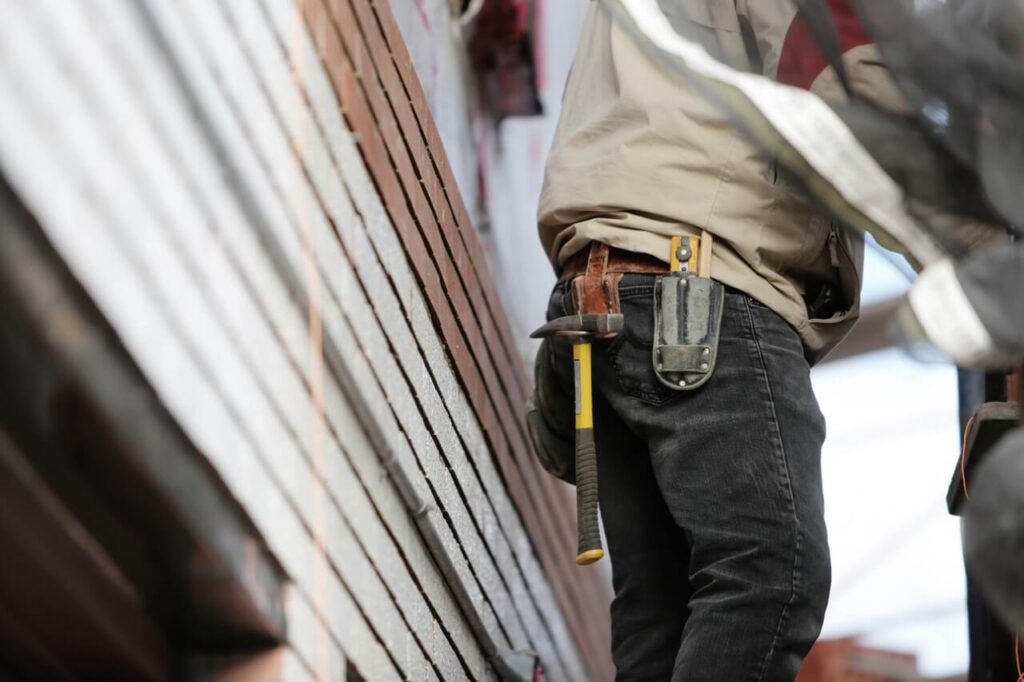
5. Always act professionally.
Emergencies are just that – emergencies. A tenant calling you at 2 AM may feel scared, frustrated, or distraught by the situation.
And while that call may startle and upset you due to potential damage to your property, always remember to keep your cool. Maintain a professional tone and respond appropriately.
If a tenant disturbs you with a non-urgent issue, calmly explain to them what steps they should take. At a later date, you may also want to let them know what maintenance issues constitute emergencies and what don’t for future reference.
6. Document the events under the tenant and property file.
To prevent disputes or confusion, always document the interactions you have with your tenant regarding maintenance. Jot down notes on the conversations you have, the repairs you have made, and whatever follow-ups you do.
It’s also a good idea to speak with your tenant afterwards.
Do they feel satisfied with the work done? Are there other areas they would like addressed as well?
This will ensure that both you and your tenant are on the same page.
7. Hire a property management company.
Every successful landlord knows that the best way to reduce stress and maximize their income is by hiring a reputable property management company. A good property management company will have tried and tested systems to ensure your investment succeeds.
They will help you respond to issues with the appropriate urgency, collect rent on time, rent to great tenants, and care for your property like they would their own.
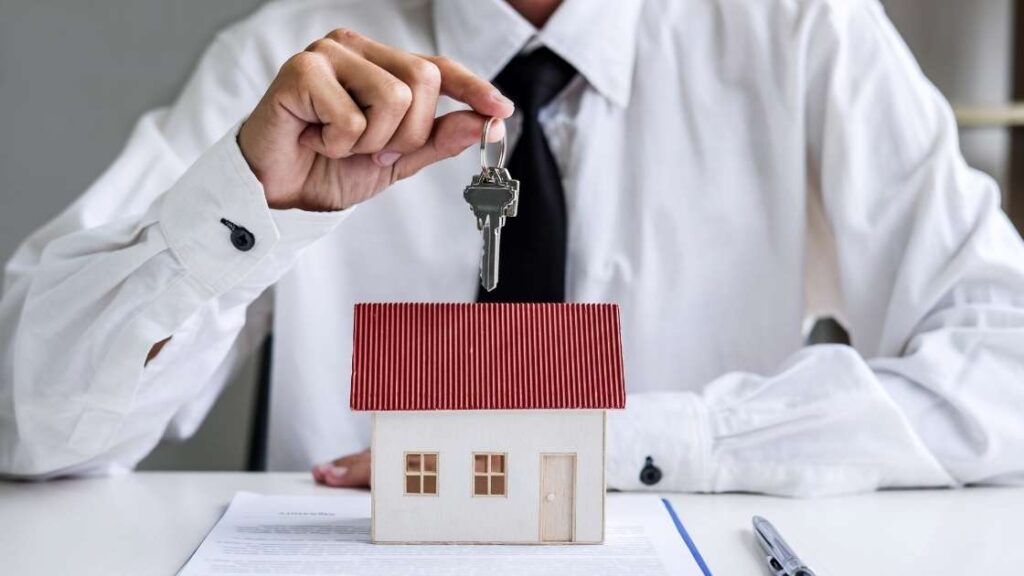
Bottom Line
Now you know which maintenance issues are considered emergencies and which are not!
If you have a property an East Bay neighborhood and would like expert help in this regard, please get in touch with East Bay Property Management.
We’re an experienced property management company that can help you overcome all challenges you may currently be facing.
Get in touch to learn more!

